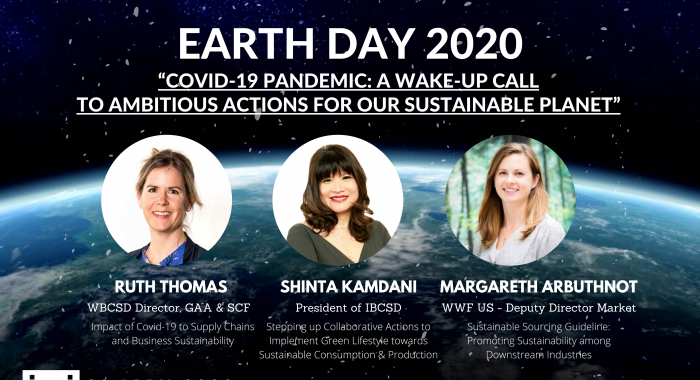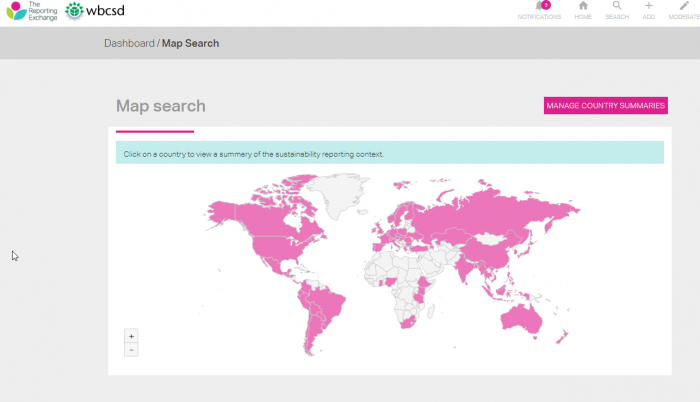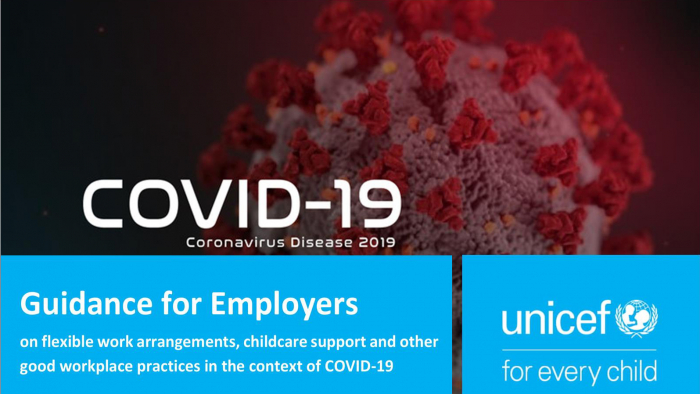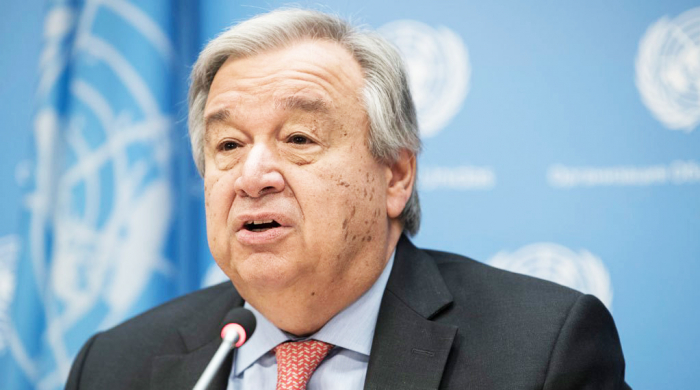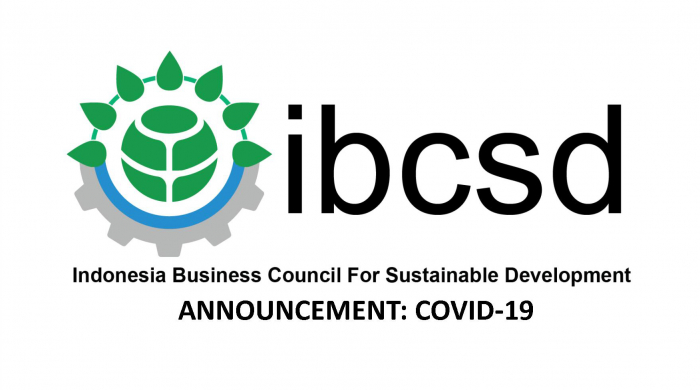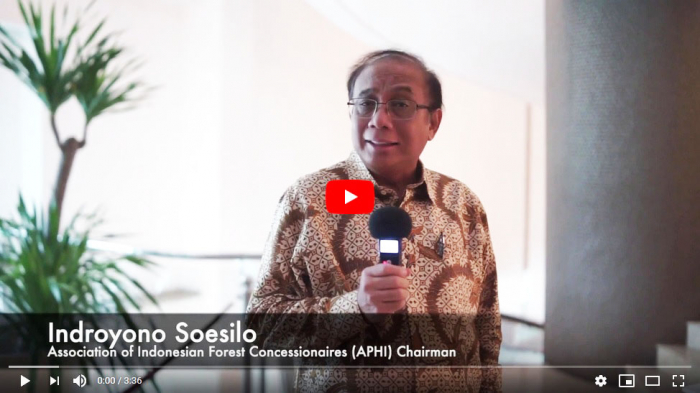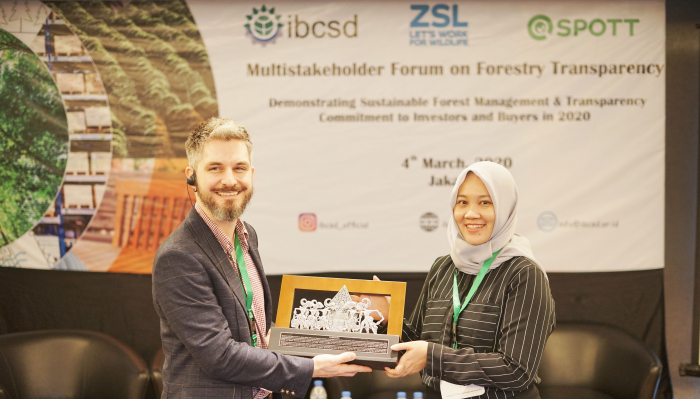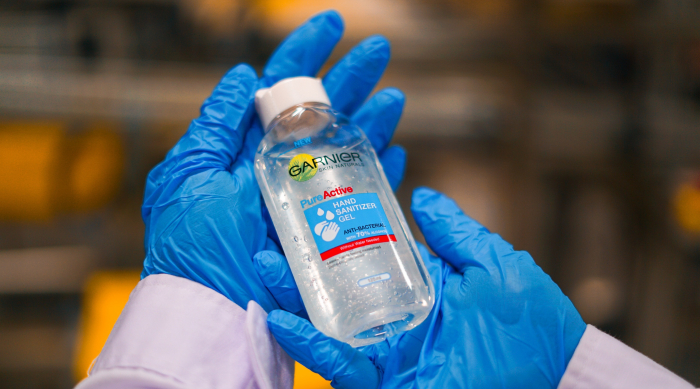
PT L’Oreal Indonesia: Covid-19 solidarity action
2. Donation of hygiene and personal care products
A total of 673,000 units of personal care products including face wash, shampoo, and moisturizer will be distributed through the National Agency of Drug and Food Control (BPOM), non-profit organizations such as DoctorSHARE and PEKKA, as well as though the Jababeka Industrial Estate where L’Oréal factory is located.
3. Providing grants for COVID-19 research in Indonesia
Research grant will be allocated to Eijkman Institute for Molecular Biology to support research on the whole genome sequencing of COVID-19 in Indonesia. This research is an initial step toward the development of COVID-19 vaccine that is suitable for Indonesian people through data and sample collection from the SARS-CoV-2 virus.
4. Supporting salon business partners
As solidarity to our business partners, the company provides safety and hygiene training, support them to implement social commerce by selling retail product and distributes alcohol-based hand sanitizer. These efforts are aimed to help small and medium salon partners to revive their business post pandemic period.
5. Module and online class #safetogther
In order to ensure that all Group employees are aware of these new measures before they return to their workplace, L’Oréal has developed a dedicated e-learning program, #safetogether, Created in house and in record time, this module will help all employees understand and adopt the new measures that will protect them and their colleagues on a daily basis. In order to enable as many people as possible to benefit from this e-learning, L’Oréal has made a version of this module available for the general public via https://together.na.
